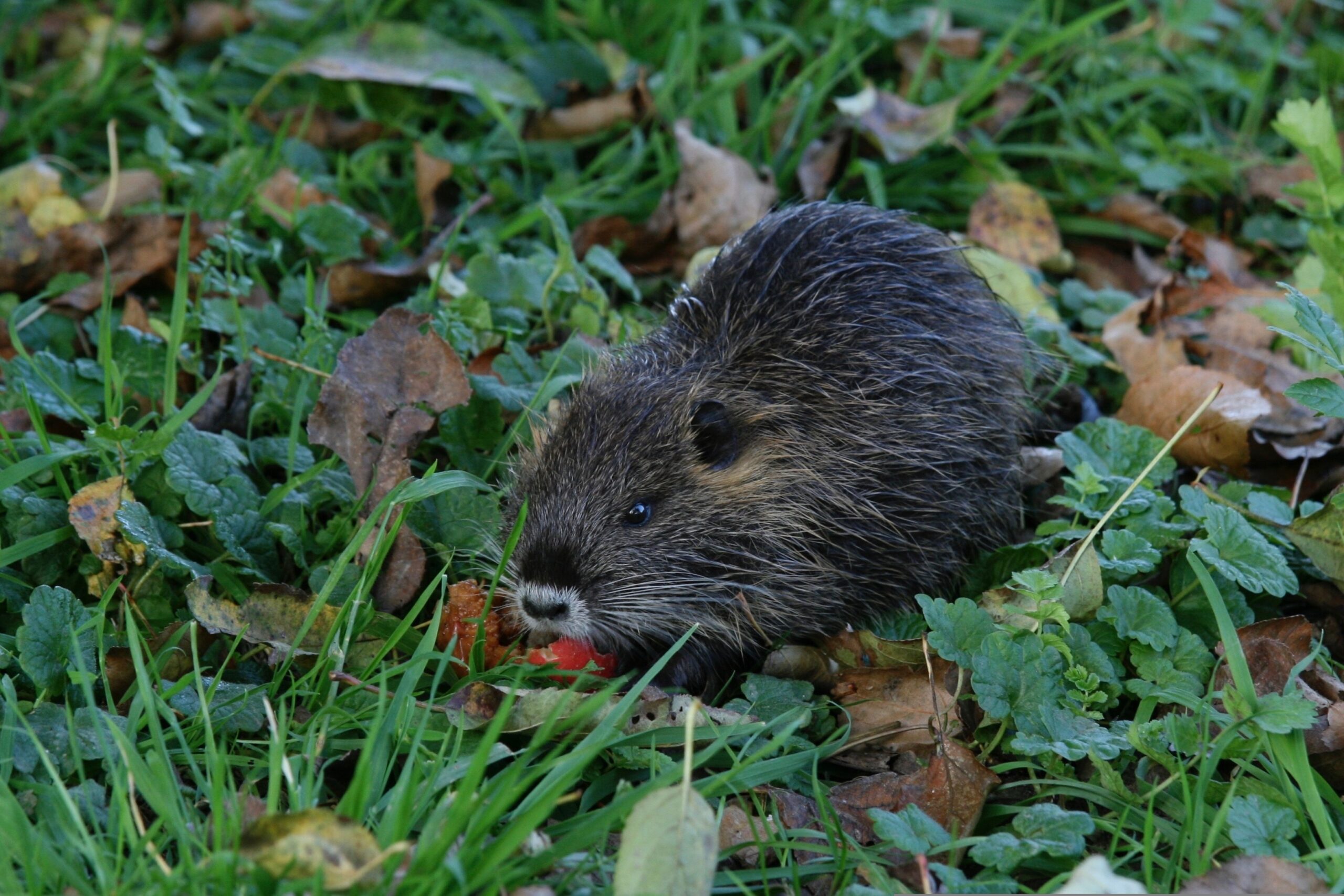
22 Dec 2023 Exploring the impact of Invasive Alien Species on Europe’s Red List Species
The European Union, under its 2030 Biodiversity Strategy, is intensifying actions to counter Invasive Alien Species (IAS) through the Invasive Alien Species Regulation. This approach is pivotal to the EU Nature Restoration Plan’s Commitment 9, aiming for a 50% reduction in Red List species threatened by IAS. The European Red List, aligned with IUCN guidelines, identifies species at risk, emphasizing the threats from IAS under the IUCN Threats Classification Scheme.
Impact and Threats
In Europe, IAS threaten approximately 18% of the 1,872 species deemed at risk, translating to 354 species facing threats from alien invaders. The ecological, economic, and health impacts of IAS include habitat destruction, economic damages, and disease transmission to humans and wildlife.
Key IAS Examples:
- Muskrats damage wetland vegetation and infrastructure through grazing and burrowing.
- Raccoons disrupt native wildlife and agriculture and are vectors for diseases.
- Raccoon dogs affect native fauna and spread diseases.
- Ruddy ducks hybridize with and threaten the native white-headed duck.
Hunters’ Role in Management
The significant role of hunters in IAS management Hunters play a crucial role in the management of IAS like muskrats, raccoons, raccoon dogs, or ruddy ducks. They collaborate closely with wildlife management authorities to share information, data, and to participate in coordinated efforts to effectively manage and control invasive species. Hunters also contribute to monitoring populations and reporting observations, providing valuable data for adjusting management strategies as needed. Public awareness campaigns, in which hunters participate, help educate communities about the negative effects of these invasive species, garnering support for management efforts. For concreate projects and examples see:
https://www.biodiversitymanifesto.com/category/invasive-alien-species/
Please find the full report here.

